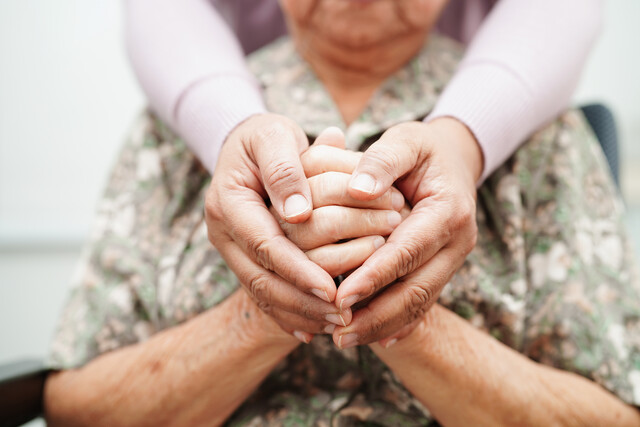End of Life Care
Compassionate Care for Life's Final Journey

5 Hours average completion time
0.5 CEUs
11 Lessons
12 Exams & Assignments
69 Discussions
11 Videos
12 Reference Files
91 Articles
Mobile Friendly
Last Updated January 2026
Navigating End-of-Life Care: A Comprehensive Guide to Decision-Making and Emotional Support
End-of-life care is a profound journey that unfolds on multiple dimensions. From the very instant of a daunting medical diagnosis, a whirlwind of emotions, uncertainties, and questions envelop both the patient and their loved ones. It's a time where fear intertwines with hope, and sorrow mingles with love. Yet, amidst this emotionally charged atmosphere, informed and compassionate planning can offer solace, clarity, and a semblance of control.
Our comprehensive course delves deep into the intricacies of end-of-life care, aiming to equip participants with the knowledge and sensitivity needed to navigate these challenging waters. We understand that the myriad decisions to be made-medical, legal, financial, and emotional-are daunting, and our goal is to illuminate the path forward.
Course Highlights:
-
The Emotional Spectrum: Gain insights into the complex gamut of feelings that both patients and families experience. Learn strategies to support emotional well-being, manage stress, and foster an environment of empathy and understanding.
-
Decisive Planning: From choosing the ideal care setting to selecting the right caregivers; from outlining treatment preferences to drafting critical healthcare directives-master the art of proactive decision-making that respects the patient's wishes and eases the burden on loved ones.
-
Legal and Financial Preparedness: Understand the essentials of estate planning, asset management, and child custody arrangements. Ensure that the patient's wishes concerning their assets and dependents are meticulously honored.
-
Adaptive Care Strategy: Recognize that end-of-life journeys are dynamic. Plans might require revisiting and revising. Learn how to stay flexible, engage in open communication, and work collaboratively to adapt to changing circumstances.
-
Building a Supportive Team: Grasp the importance of fostering a united front. With clear communication, mutual respect, honesty, and teamwork, all involved can collaboratively ensure that the patient's final days are dignified, peaceful, and reflective of their wishes.
Life's final chapter is undeniably challenging, but it's also an opportunity for profound connection, introspection, and grace. This course aims to empower you with the knowledge and tools to turn those challenges into opportunities-to transform uncertainty into a roadmap of compassionate care. Whether you're a caregiver, a family member, or someone wanting to understand more about end-of-life planning, this course promises a deep dive into the complexities and nuances of the topic, ultimately aiming to provide solace during one of life's most pivotal moments. Join us and embark on a journey of understanding, preparation, and heartfelt care.
- Understanding legal and financial preparedness
- Proactive end-of-life decision-making
- Adaptability in dynamic care environments
- Emotional intelligence in end-of-life scenarios
- Integration of palliative and existing treatments
- Home care environment optimization
- Effective communication with patients and families
- Compassionate pain management techniques
- Informed choice between healthcare settings
- Navigating hospice care dynamics
- Collaborative team-building for care delivery
-

Understanding Concussions
-

Comprehensive Medical Terminology 1 & 2
-

Medical Terminology 201
-
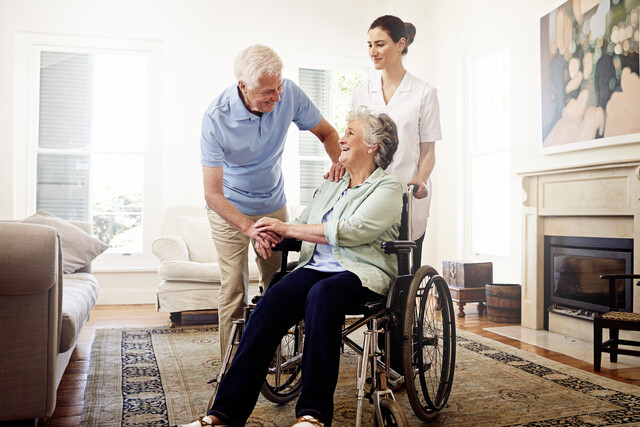
Aging and Long Term Care
-

Understanding Childhood Obesity
-
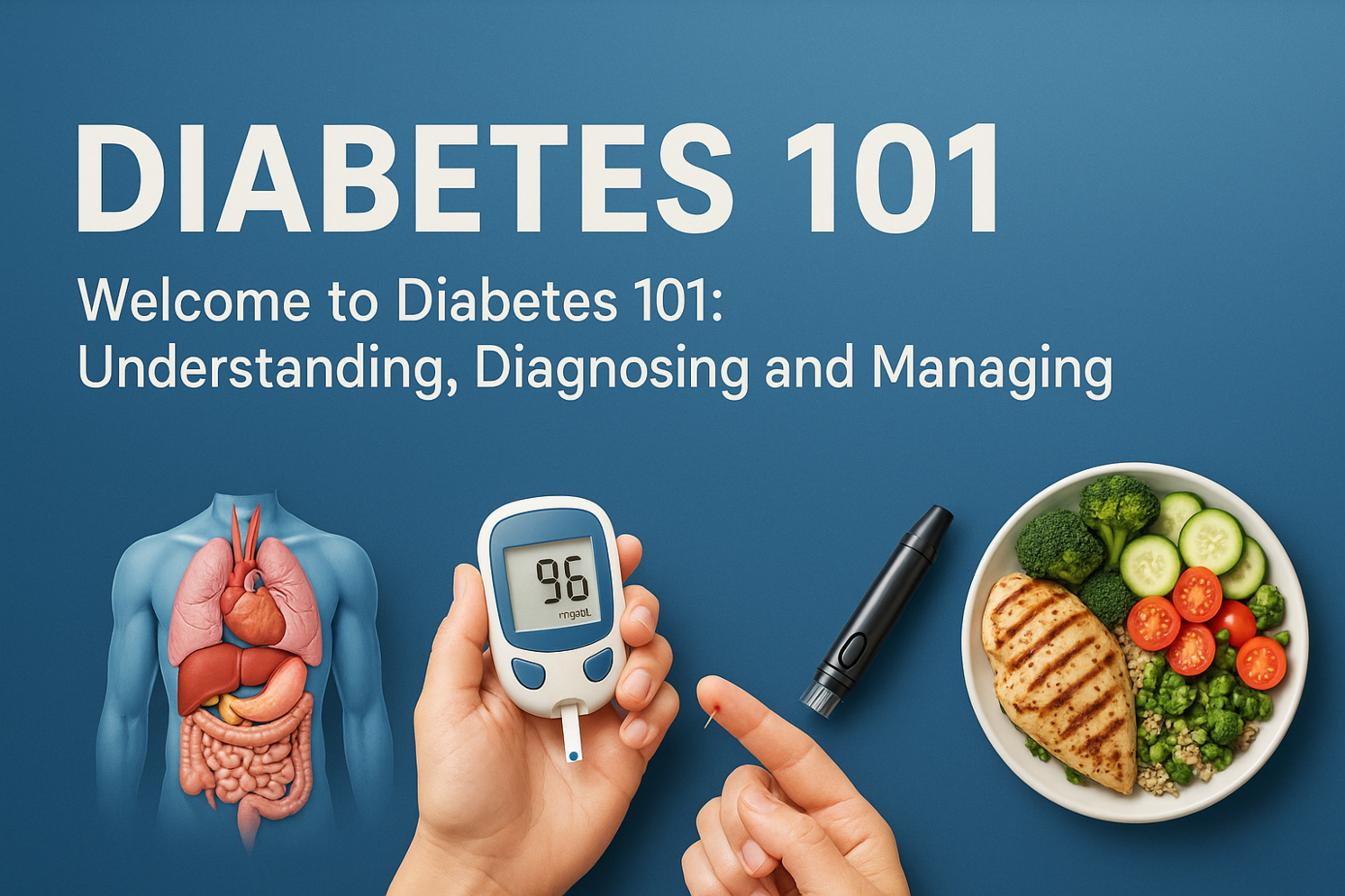
Diabetes 101
-

Advocacy for Elderly Patients
-

Child Safety for Parents
-
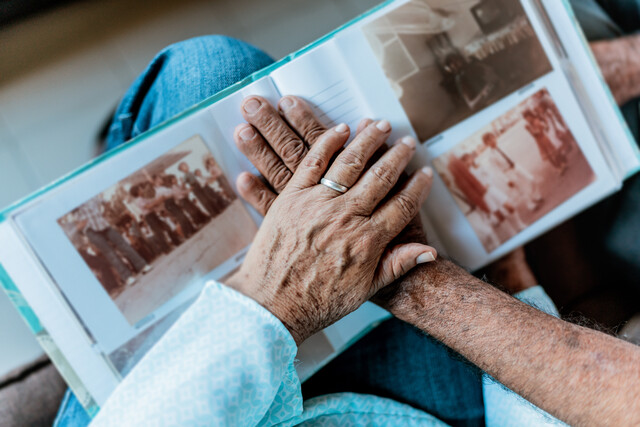
Alzheimer's Disease 101
-

Medical Billing and Coding Course Bundle
-

HIV: Prevention, Diagnosis, Treatment
-

Asthma 101
-

ICD-10: Medical Coding
-

Caring for Seniors
-
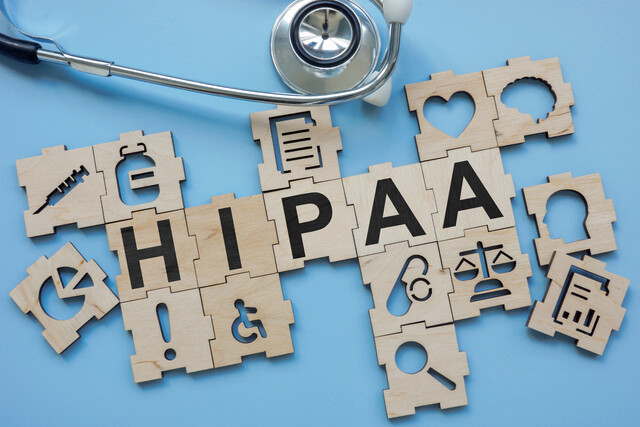
HIPAA Compliance 101
-

Caring for Patients with HIV/AIDS
-

Careers in Healthcare
-

Child Abuse Recognition, Investigation, and Protection
-
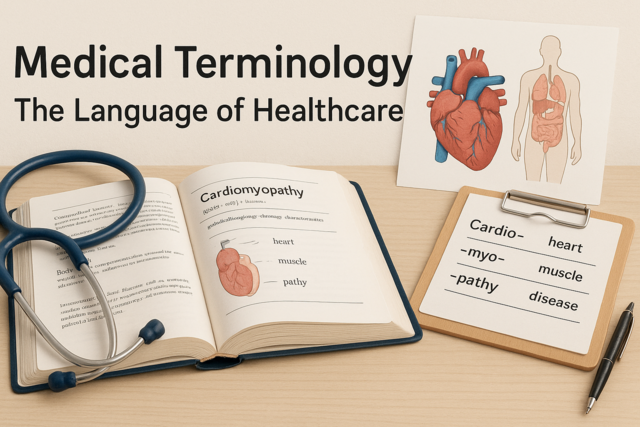
Medical Terminology 101
